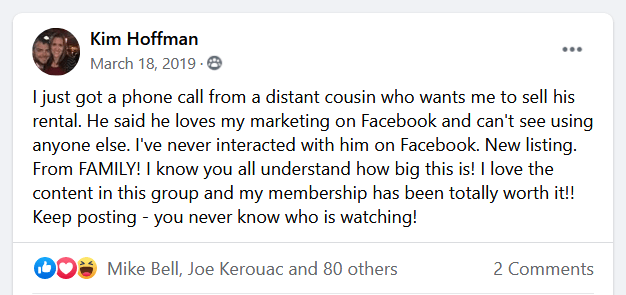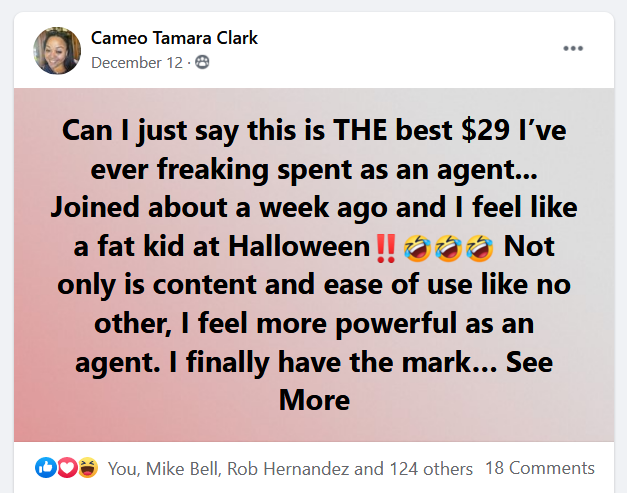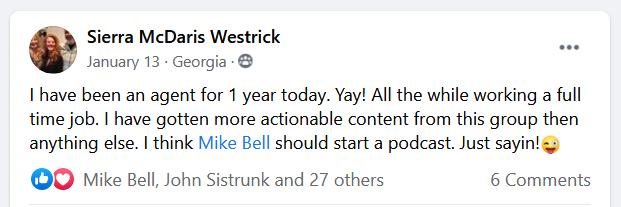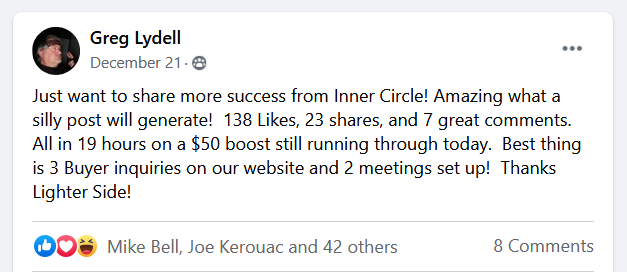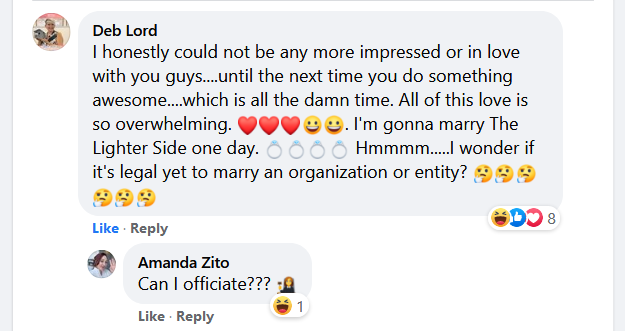
Real Estate Agent Marketing on a Budget—Affordable Ideas From $0 to $50 per Month
You’ve probably heard the old cliche that you have to spend money to make money. But you’ve probably also heard the one about money doesn’t


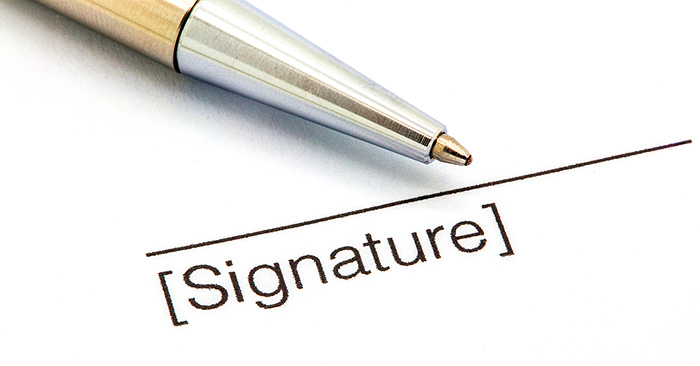
If you’ve been planning on buying a house, or recently started the process, you’ve probably heard that there will be some changes to how you will engage with buyers’ agents.
While some agents may already be implementing the changes ahead of time, as of August 17, 2024, all agents will be required to sign a written agreement with you before showing you a house, which will include language about how much your agent will be compensated.
Signing an agreement with a buyers’ agent which specifies how much they will be compensated may sound like a new thing — and perhaps even a bit scary to some people — but they’re not entirely new, and there’s no need to be afraid of signing one.
In fact, in some areas of the country, buyers and their agents were already using signed agreements. But in many areas, buyers have rarely been required to sign an agreement with an agent before seeing a property, so it might sound like a huge change (and commitment!) to many buyers.
So let’s take a closer look at what will be included in the agreements in regard to compensation, to make sure you’re fully informed, and comfortable signing one when you need to.
The National Association of REALTORS® recently published an article which outlined four things regarding compensation which will need to be included in the buyer agreements.
Here’s a look at each of the required components, why they’re good for you as a buyer, and some things to take into consideration:
1) The amount of compensation needs to be stated specifically and conspicuously.
This is good for you as a buyer because, in the past, buyers often wondered how much their agent was earning, and had little (if any) say in how much their agent would be paid.
2) Compensation cannot be open-ended and must be objective.
For the most part, agents have been compensated with whatever amount the seller had decided to offer a buyers’ agent, which was usually a percentage of the sales price. However, while a seller can still ultimately offer to pay your buyers’ agent, it would be considered open-ended to just say that the compensation will be “whatever the seller is willing to pay” in your agreement. It has to be specified.
Now you and your agent agree upon how much they should be compensated, and how they’ll earn it. It can still be stated as a percentage of the sales price, and probably will be in many agreements. But it could also be stated as a flat fee, or an hourly rate.
Pro tip: Before you ask your agent to work for a low flat fee, or an hourly rate, you might want to think about how many hours of work your agent will work on your behalf, and when those fees will need to be paid. For example, will you need to pay them weekly, monthly, or immediately after each appointment or action they perform on your behalf? Also factor in that their rates will need to take into consideration overhead and expenses you might not be considering when you think in terms of hourly rates or flat fees.
3) Terms which limit your agent from being paid more than you’ve agreed upon.
This aspect of the agreement will protect you if and when the seller of a house is offering to compensate buyers’ agents. For example, the seller may be willing to pay a buyers’ agent commission in the amount of X% of the selling price, but if you’ve agreed upon less than that, the seller can only pay whatever percentage you agreed upon.
4) It must state that fees and commissions are negotiable.
Many people incorrectly believed that there was a “standard” real estate commission, but they’ve always been negotiable.
However, just because they’re negotiable, that doesn’t mean every agent you want to work with will be willing to work for whatever percentage or fee you offer them. Each agent will have rates and fees they’re willing to agree to work for, and rates at which they will not agree to.
Pro tip: While you can certainly shop around for agents who will charge the lowest rates, take into consideration whether the level and amount of services being offered are apples to apples from one agent to another.
As you can see, while signing an agreement with a buyers’ agent may be a new requirement, it’s also in your best interest!
The Takeaway:
Starting August 17, 2024, you’ll need to sign a written agreement with your buyers’ agent before viewing houses. This agreement will specify the agent’s compensation, which might sound new and a bit intimidating, but it’s designed to be transparent and beneficial for you.
The National Association of REALTORS® outlines that the agreement must state the compensation clearly, ensure it’s not open-ended, limit the agent’s pay to what you agreed upon, and highlight that fees are negotiable. While this may seem like a big change, it ultimately protects and informs you as a buyer.

(Shh, our secret)
Show your sphere your an expert. We have over 2100 articles covering every real estate topic your audience will love.
Position yourself as a real estate authority!
Real estate + topical events — the perfect match!
Become the bearer of good vibes!
Because hey, everyone loves to laugh!



Get our weekly email that makes communicating with your sphere on social actually enjoyable. Stay informed and entertained, for free.

You’ve probably heard the old cliche that you have to spend money to make money. But you’ve probably also heard the one about money doesn’t

You’ve probably been told to build an email database and send them stuff consistently, right? Some agents do. Many don’t. Have you? If you haven’t,

Question: Have you seen the postcards most agents send out? BOOOR-ING! I’m pretty sure they make the prospects sleep-walk on their way back inside the

There are tons of ways and places to market yourself as a real estate agent, but email marketing has to be one of the best

Let me take a stab in the dark here… You feel your company is the greatest, and everyone else should join too. Am I right?
Depending on your situation, it may not take the full 30 minutes.

This reset password link has expired. Check the latest email sent to you.





